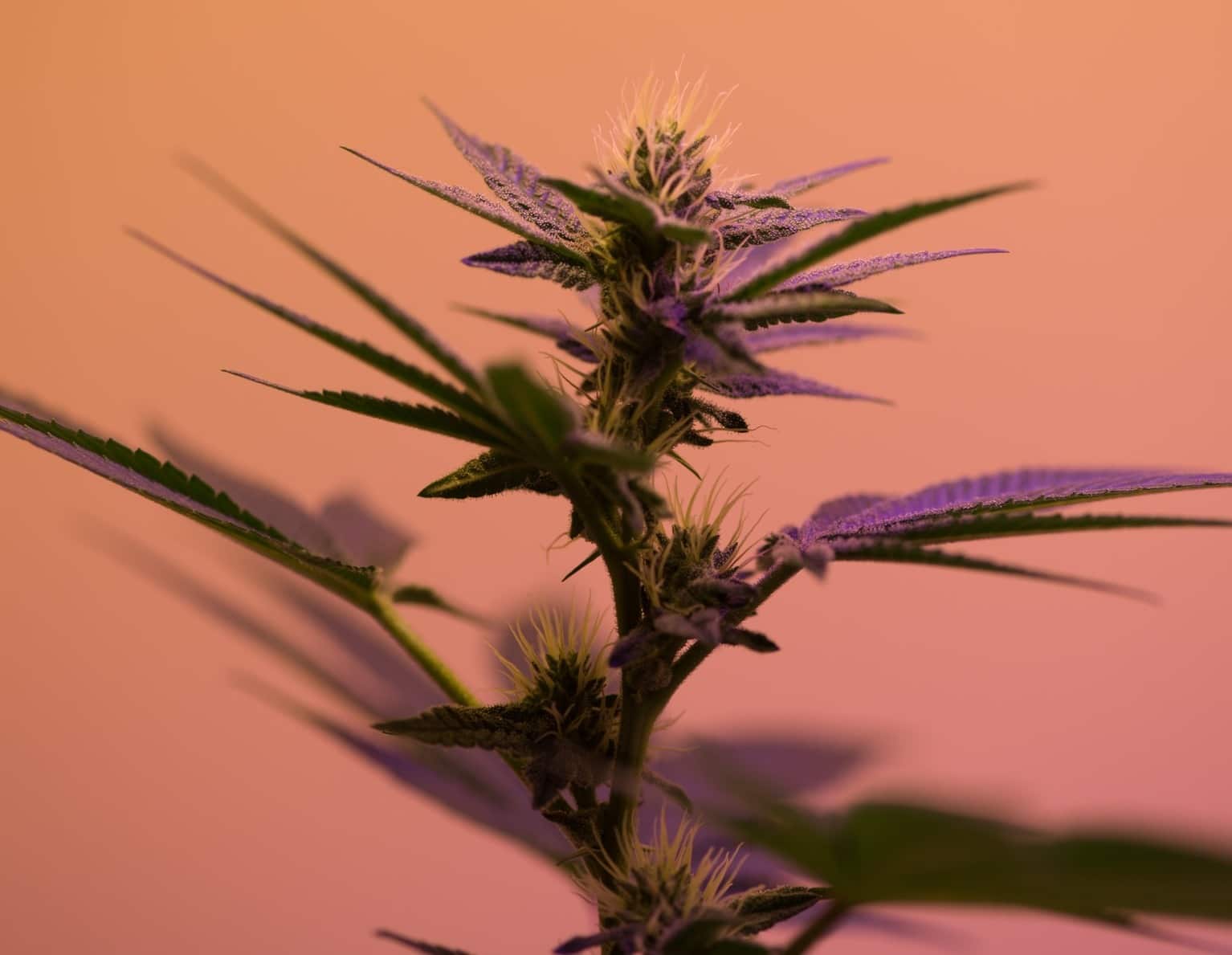On November 20, the House Judiciary Committee voted 24-10 to advance the MORE Act (Marijuana Opportunity, Reinvestment, and Expungement). Two Republicans, Reps. Matt Gaetz (FL) and Tom McClintock (CA), plus all of the committee’s Democrats supported it. The vote is the first time in US history that a Congressional committee has approved a marijuana legalization bill.
The MORE Act was introduced by Sen. Kamala Harris (D-CA) and Rep. Jerrold Nadler (D-NY), the chair of the House Judiciary Committee. It would legalize marijuana nationwide by removing it from the federal Controlled Substances Act, which lists it as a Schedule I narcotic.
The Act may now see a vote in the full House. Rep. Nadler told Marijuana Moment that he wants to speed up the legislative process to get a full House vote before the end of this Congress by lobbying other committees to waive their jurisdiction over it.
Significantly, the Act doesn’t just seek to legalize, but includes numerous measures to repair harms of prohibition. It would provide for expungement and re-sentencing of current, pending and past marijuana convictions, as well as for arrests and adjudifications of juvenile delinquency. Federal courts would be required to apply expungement retroactively. Anyone with a cannabis conviction would be able to file a motion for expungement. And any expunged convictions would have to be sealed by the courts.
The MORE Act also includes a series of forward-looking measures. It would create an Opportunity Trust Fund through a 5 percent sales tax on cannabis products, which would be used to invest in various community, job training, youth, education and other initiatives. It would also fund business loans and licensing programs for people disproportionately harmed by the War on Drugs—similar to the social equity programs in states like Massachusetts or California.
At this point, it is not clear if the MORE Act would pass a full vote in the Democrat-controlled House. The Republican-controlled Senate and, ultimately, President Trump’s desk represent even more daunting obstacles to its becoming law. But when it comes to federal cannabis policy, lawmakers now have options—and they are debating them.
Part of the debate in the Judiciary Committee hearing concerned whether lawmakers should instead consider passing the STATES Act (Strengthening the Tenth Amendment Through Entrusting States). That bill would not legalize marijuana, but would neutralize conflict between federal and state marijuana laws by allowing states with legal cannabis laws to operate free of federal enforcement. The STATES Act has bipartisan support in both the Senate and the House, and Trump said last year that he would “probably” support it.
But Nadler insisted on November 19 that the House should push for his and Harris’s far more expansive proposal, with the expectation of amendments or compromises being made throughout the legislative process.
Marijuana policy advocates and leaders chimed in on Twitter to share their elation at the Judiciary Committee vote.
“This is a truly historic moment,” said Erik Altieri, executive director of NORML. “For the first time, a Congressional committee has approved far-reaching legislation to not just put an end to federal marijuana prohibition, but to address the countless harms prohibition has caused.”
The Act’s name “was chosen intentionally,” said Queen Adesuyi, policy manager of the National Affairs Office of the Drug Policy Alliance. “Our communities deserve MORE than just a booming white male-led industry. Our communities deserve MORE than to be second in line to capitalism. Period. We should not have to wait for the justice we are owed.”
Image by Robert Nelson via Unsplash.





Show Comments